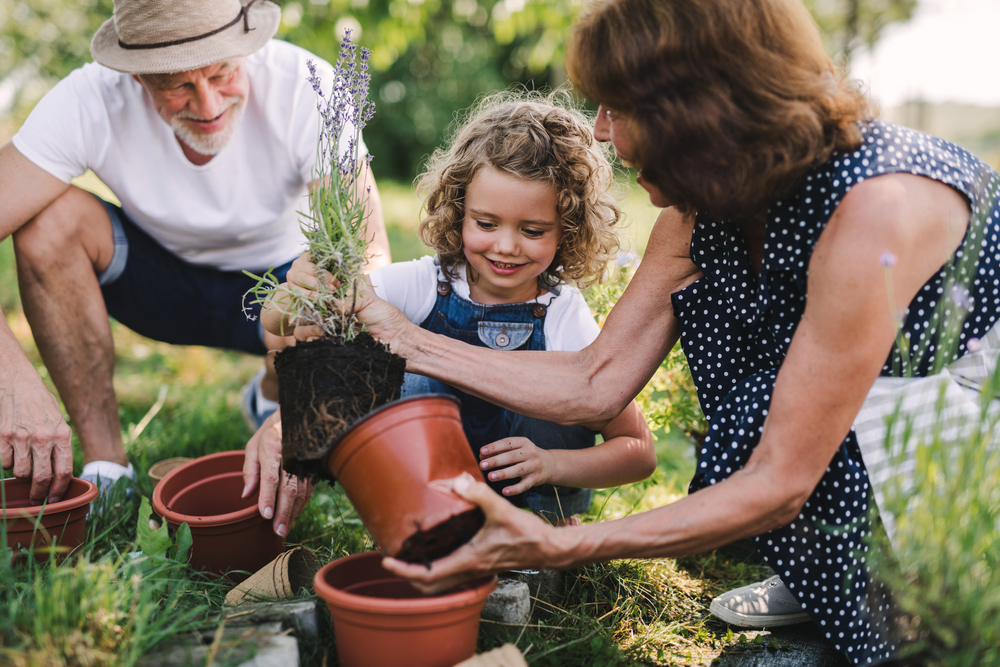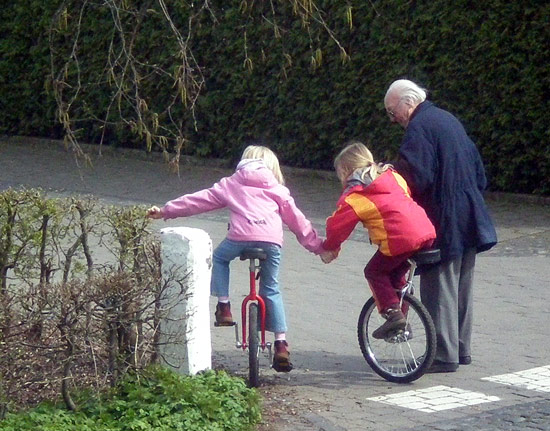Life Stages: Old Age
Going Strong
Germany has the third largest proportion of elderly people in the world (after Japan and Italy), partly because of low birth rates, and partly because people live longer—on average, to 81 years of age. German senior citizens, besides growing older, are becoming healthier, more fit, economically better off, and more active than in the past.
Unlike in many other developed nations, German society does not associate old age with frailty or dependence. Most of the elderly lead independent lives with renewed goals and leisure-time activities. For the most part, the elderly also retain economic independence and hold almost a third of the total purchasing power of the population. The elderly often try to stay close to their children and grandchildren, but don’t usually have a well-defined role or authority in their adult children’s lives.
A study by the Südwestrundfunk, a public broadcasting company, reveals that the lifestyle of the population over 60 revolves around nurturing social contacts and leisure time. The elderly tend to socialize almost once a week, go to a restaurant at least twice a month, participate in some sports once a week, and engage, on a daily basis, in activities such as reading newspapers, viewing TV, and listening to radio.
Concerns
Elder care has become a growing concern in the country, particularly in view of demographic trends that predict a sharp rise in the number of people over 80 into the 21st century.
Germany’s traditional culture assigns much of the country’s elder care to the elder’s spouse, daughter, or daughter-in-law, in that order of priority. Most elderly receive informal care from the family.
An increase in numbers of women working outside the home makes elder care less available to family members; consequently, the German welfare state has established care insurance to provide elderly care as cash or kind benefits.
Copyright © 1993—2025 World Trade Press. All rights reserved.

 Germany
Germany 
